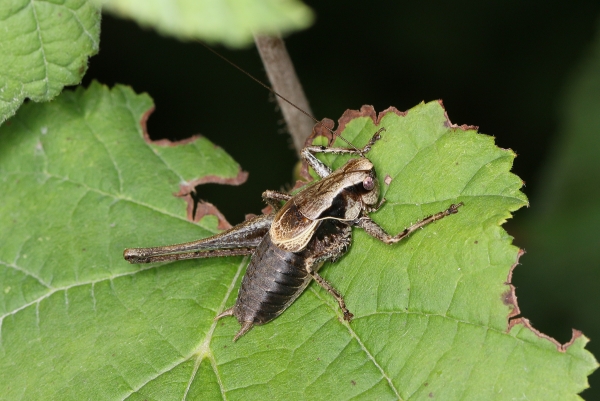Throughout the world we are witnessing not just a decline in the numbers of individual insects, but also a collapse of insect diversity. Major causes of this worrying trend are land-use intensification in the form of greater utilization for agriculture and building development as well as climate change and the spread of invasive animal species as a result of human trade.
These are the main conclusions reached in the special feature on insect decline that recently appeared in Biology Letters. One of the three editors is PD Dr. Florian Menzel from the Institute of Organismic and Molecular Evolution at Johannes Gutenberg University Mainz (JGU). "As evidence of an on-going global crash in insect populations increased over the last few years, we decided it was time to edit and publish this special issue. Our aim was not to document insect population declines but to better understand their causes and consequences," said Menzel.
Together with forest entomologist Professor Martin Gossner of the Swiss Federal Institute for Forest, Snow and Landscape Research (WSL) and biologist Dr. Nadja Simons of TU Darmstadt, Menzel contacted international researchers in order to collate the information they could provide on insect declines and to stimulate new studies on the subject. The special issue authored by Menzel, Gossner and Simons includes 12 research-related articles, two opinion papers, and an extensive editorial.
Read more at Johannes Gutenberg University Mainz
Photo: The dark bush-cricket Pholidoptera griseoaptera is one of the many declining insect species in Central Europe. Credit: Beat Wermelinger


